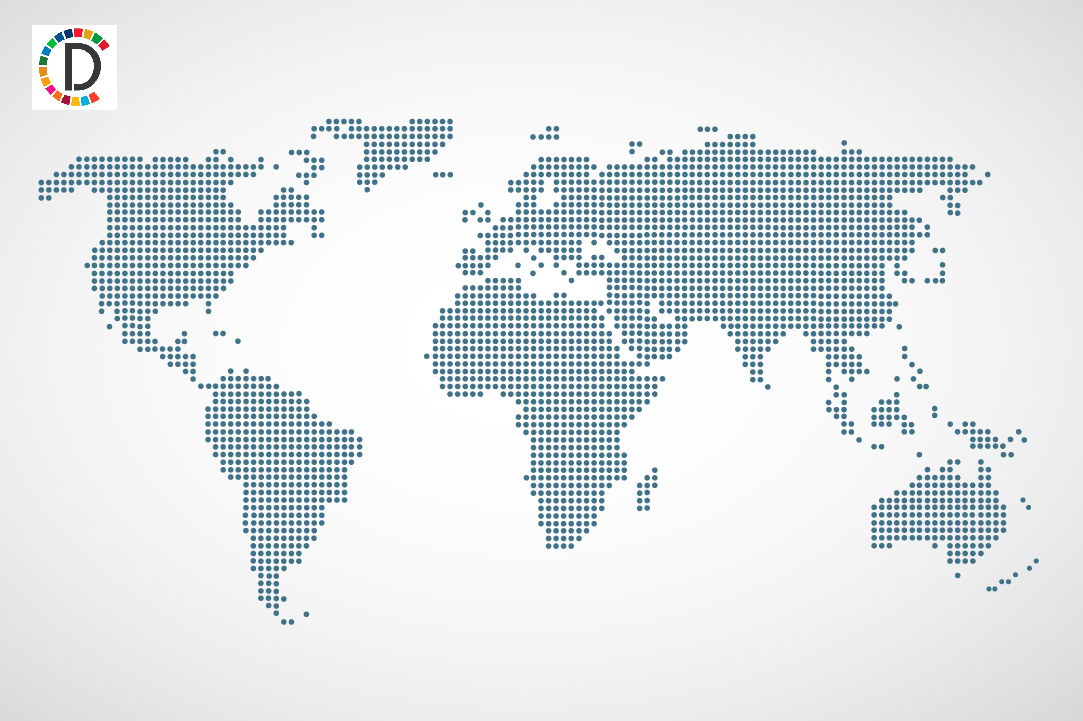Biden and Kishida agree to 'push back' China's attempts to change status quo in East China Sea, SCS

- Country:
- United States
US President Joe Biden and Japanese Prime Minister Fumio Kishida have agreed to ''push back'' against China's attempts to change the status quo in the East China Sea and the South China Sea, and highlighted the importance of the Quad grouping as a critical forum for promoting a free and open Indo-Pacific region.
During the 80-minute virtual meeting on Friday, their first formal summit meeting, Biden said the age-old alliance between the US and Japan is the cornerstone of peace and security in the strategic Indo-Pacific region and across the world.
''It was an honour to meet with Prime Minister Kishida to further strengthen the US-Japan alliance — the cornerstone of peace and security in the Indo-Pacific and around the world," Biden said in a tweet after the meeting.
''As Indo-Pacific powers, the United States and Japan are united in a shared purpose to sustain and enhance our commitment to the region,'' the White House said in a readout of the meeting.
''The two leaders resolved to push back against the People's Republic of China (PRC)'s attempts to change the status quo in the East China Sea and South China Sea,'' it said.
The US, India and several other world powers have been talking about the need to ensure a free, open and thriving Indo-Pacific in the backdrop of China's aggressive military manoeuvring in the region.
The Chinese military is actively eying the strategic Indian Ocean region to step up Beijing's influence. China claims nearly all of the disputed South China Sea, though Taiwan, the Philippines, Brunei, Malaysia and Vietnam all claim parts of it.
Beijing has built artificial islands and military installations in the South China Sea. China also has territorial disputes with Japan in the East China Sea. The US maintains it will support its regional allies in the defence of a free and open Indo-Pacific region.
The Japanese government said in a statement that ''the two leaders shared the intention to coordinate closely under the strong Japan-US alliance and to deepen cooperation with like-minded countries such as Australia, India, ASEAN, and Europe, toward realising a 'Free and Open Indo-Pacific'".
Biden and Kishida said they remain committed to working closely with allies and partners in the Indo-Pacific region and beyond.
The two leaders highlighted the importance of the Quad – Australia, Japan, India, and the United States – as a critical forum for promoting a free and open Indo-Pacific region, according to the White House readout.
They also decided to ensure that the Quad delivers practical results in areas such as COVID-19 response, climate and clean energy, and infrastructure.
In 2017, India, Australia, Japan and the US gave shape to the long-pending proposal of setting up the ''Quad'' or the Quadrilateral coalition to counter China's aggressive behaviour in the strategically-vital Indo-Pacific region.
President Biden welcomed Prime Minister Kishida's invitation to visit Japan for the next Quad Leaders Meeting in the first half of 2022, the readout said.
The two leaders also underscored the importance of peace and stability across the Taiwan Strait and the peaceful resolution of cross-Strait issues. China views self-ruled Taiwan as a rebel province that must be reunified with the mainland even by force. Beijing has been conducting provocative military exercises close to Taiwan to deter the island from seeking independence.
Biden and Kishida said they shared concern about China's practices in Xinjiang and Hong Kong.
China's Parliament in 2020 approved a controversial security law for Hong Kong, a move that critics said threatened the fundamental political freedoms and civil liberties in the semi-autonomous territory, also a major global trading hub.
Over the years, the CPC has tightened its grip on Hong Kong, quashing the pro-democracy movement.
China is battling allegations of human rights violations against Uyghur Muslims, including incarceration of thousands of Uyghurs in mass detention camps, forced labour in manufacturing units of the resource-rich Xinjiang Uygur Autonomous Region.
Kishida, who took office in October, has placed priority on safeguarding national interests on the economic front, while the Biden administration has been tightening control over surveillance and other technologies that could be used to support the Chinese military or commit human rights violations, Kyodo News said.
As a lawmaker elected from Japan's western city of Hiroshima, which suffered U.S. atomic bombing in World War II, Kishida also affirmed with Biden their intention to work together toward a world without nuclear weapons, it said.
The two leaders resolved to enhance economic ties between the US and Japan.
Noting the progress made under the Competitiveness and Resilience (CoRe) Partnership announced in April 2021, Biden and Kishida established a new ministerial-level Economic Policy Consultative Committee (the Economic "2+2"), to track and drive economic cooperation and to strengthen the rules-based economic order in the Indo-Pacific region and the world, the readout said.
The two leaders affirmed the importance of US economic leadership in the Indo-Pacific, which President Biden committed to intensify. To that end, Prime Minister Kishida expressed strong support for President Biden's proposed Indo-Pacific Economic Framework, and pledged to work closely with the United States to build support for the initiative in the region.
They condemned the recent ballistic missile launches by North Korea which are in violation of United Nations Security Council resolutions, it said.
The leaders committed to work closely together to deter Russian aggression against Ukraine, and Kishida pledged to continue close coordination with the US, other allies and partners, and the international community on taking strong action in response to any attack, the readout said.
Biden and Kishida affirmed the importance of close cooperation among the United States, Japan, and South Korea in addressing common challenges, and underscored the imperative of a strong trilateral relationship on security and more broadly, it said.
(This story has not been edited by Devdiscourse staff and is auto-generated from a syndicated feed.)










